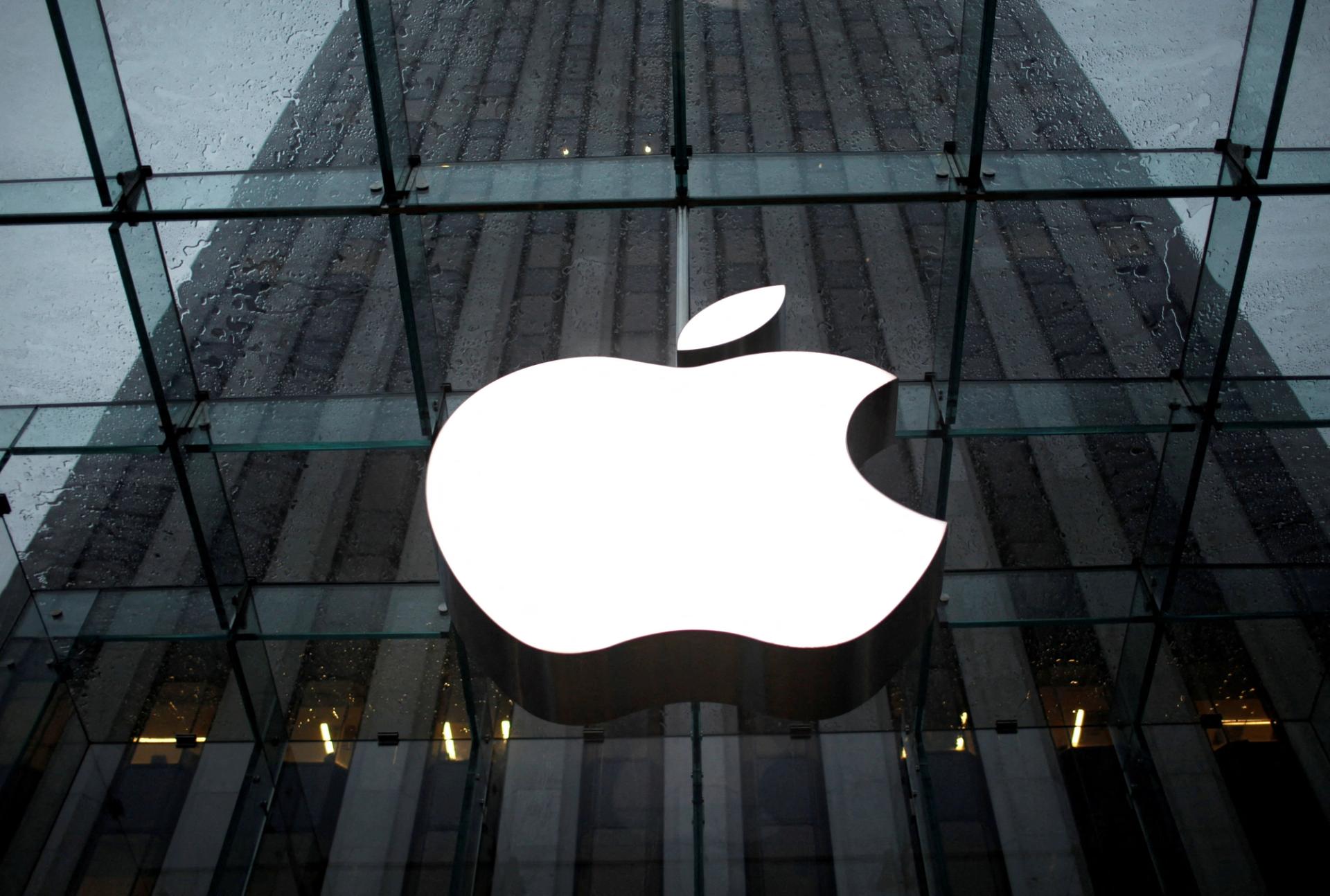The News
The Department of Justice and 16 state and district attorneys general on Thursday sued Apple, accusing the tech giant of breaking federal antitrust law by creating an ecosystem that doesn’t allow other companies to compete with the iPhone, smothering innovation in the smartphone market.
“Apple has consolidated its monopoly power not by making its own products better, but by making other products worse,” U.S. Attorney General Merrick Garland said at a press conference Thursday. “Consumers should not have to pay higher prices because companies break the law.”
The complaint alleged the company maintains a smartphone monopoly by preventing others from building applications that compete with Apple’s staples, like the digital wallet. The tech giant also makes other companies’ technology more difficult to pair with Apple products, as exemplified by the green bubbles that the iPhone shows when texting an Android user.
Garland said Apple was willing to “make the iPhone less secure and less private in order to maintain its monopoly power.”
Responding to the lawsuit, Apple said it threatens “the principles that set Apple products apart in fiercely competitive markets” and it would “set a dangerous precedent, empowering government to take a heavy hand in designing people’s technology.”
The lawsuit follows years of criticism that Apple stymied competition with restrictive app store terms, high fees, and its “walled garden” ecosystem that takes away control from third-party tech companies to tweak programs linked to iPhone’s operating system.
“If left unchallenged, Apple will only continue to strengthen its smartphone monopoly,” Garland said Thursday. “But there’s a law for that.”
Apple faces similar scrutiny in the EU, where the bloc slapped the iPhone maker with a $2 billion fine this month over its App Store rules that prohibited music streaming services like Spotify from advertising cheaper subscription deals outside of Apple’s store.
SIGNALS
If successful, these monopoly cases could reshape the tech market
All of the Big Four tech giants — Google, Meta, Apple, and Amazon — have been sued by the U.S. in the last five years for illegal monopolies. If the lawsuits are successful, a senior lecturer at Australian National University’s school of engineering wrote, they could “drastically redefine the tech market” by creating room for “more equitable competition and more ethical business practices.”
One of the cases is the DOJ’s lawsuit against Google, which a law professor told Al Jazeera “could dramatically change competition relating to the technology involved in internet searches.”
The Biden administration has made several moves to hold Big Tech accountable for antitrust violations, including previous failed efforts to prevent the merger of Microsoft and game maker Activision Blizzard. The several rulings expected this year “could shape the legacies of top Biden administration regulators,” The Wall Street Journal reported.
Antitrust lawyers must prove what’s illegal about Apple’s conduct
Legal experts told The New York Times that it is within companies’ rights to favor their own products and services, so the antitrust lawyers working on this case will have the challenge of showing why it’s a problem when Apple does it. “This case is about technology,” one expert said. “Can the antitrust laws force a company to redesign its product to make it more compatible with competitors’ products?”
Some say yes. Former Attorney General William Barr wrote for The Wall Street Journal that while the DOJ sometimes goes too far in its antitrust enforcement, Apple’s conduct warrants this scrutiny.
‘Like a straight-A student being forced to share notes’
If the government wins the suit, “the walls of Apple’s walled garden will be partially torn down,” wrote New York Times opinion columnist Peter Coy, meaning its suite of products will be “more like a public utility,” available to its rivals to use. “That seems to me like stretching what antitrust law is for,” Coy wrote. Tech policy expert Adam Kovacevich agreed, writing on Medium that people have long gone back and forth between iPhones and Android devices. “People vote with their pocketbooks,” Kovacevich said. “Why should the government force iPhones to look more like Androids?”
Many argue that this is an issue of consumer choice, and the government shouldn’t intervene to help companies such as Samsung gain a better footing in the market. The Consumer Choice Center’s media director put it this way: “Imagine the classroom slacker making the case to the teacher that the straight-A student in the front of the class is being anti-competitive by not sharing their lecture notes with them.”

